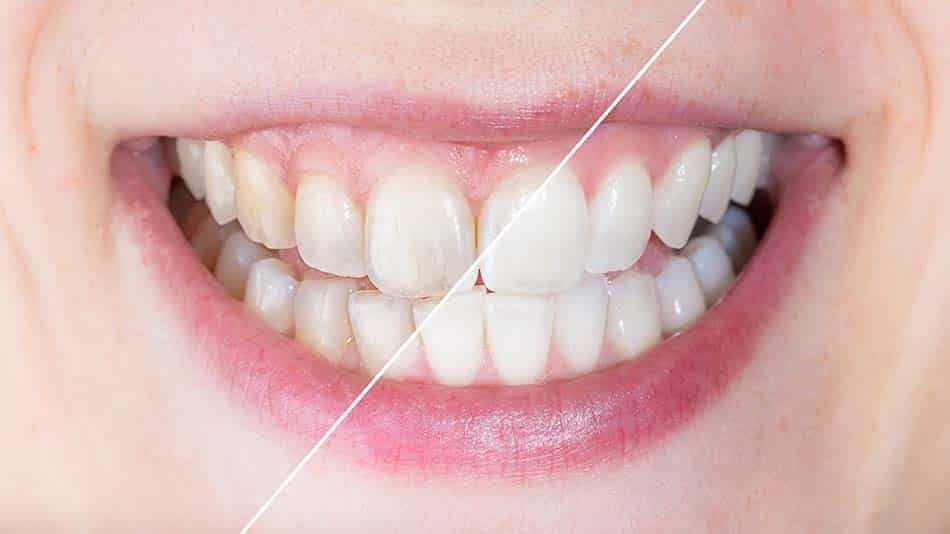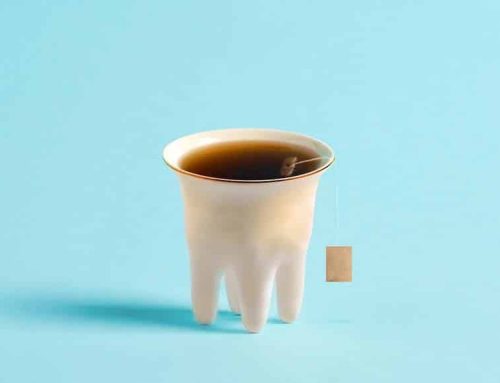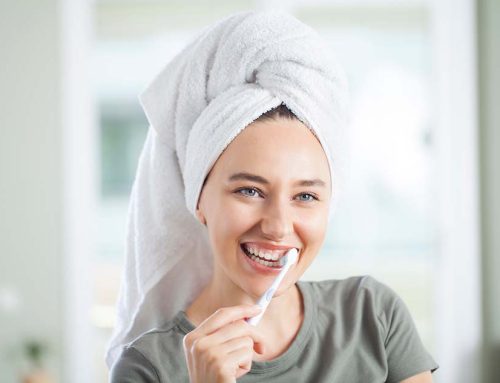Does Teeth Whitening Damage Tooth Enamel
A bright, white smile can boost your confidence. Many people turn to teeth whitening to make their teeth look better. But some worry it could harm enamel, the hard outer layer of teeth. At ABQ Teeth Whitening, we want to clear up any confusion. In this article, we explain what enamel is, how teeth whitening works, and how to keep your smile safe and healthy.
What Is Tooth Enamel?
Enamel is the tough, shiny outer layer of your teeth. It protects them from damage, sensitivity, and decay. Although enamel is super strong, it can wear down over time. Sugary drinks, acidic foods, teeth grinding, and brushing too hard can all weaken it. Once enamel has eroded, it cannot regenerate. That’s why protecting it is so important.
Enamel is made mostly of minerals like hydroxyapatite. These minerals give it strength but also make it vulnerable to acids. If enamel gets too thin, your teeth may become sensitive or more likely to get cavities. That’s why some people worry about the effects of whitening treatments.
How Does Teeth Whitening Work?
Teeth whitening uses ingredients like hydrogen peroxide or carbamide peroxide. These bleaching agents break up stains on your teeth. They work by passing through the enamel to the dentin, the layer underneath. Stains in the dentin often come from years of drinking coffee, tea, or red wine, or from smoking. Whitening effectively removes these stains, resulting in a brighter appearance for your teeth.
Professional whitening treatments are carefully controlled, making them both safe and effective. Over-the-counter products can work too, but they’re not always as consistent or safe as professional treatments. Some whitening gels found in at-home kits may contain high concentrations of active ingredients, increasing the risk of sensitivity or enamel damage if not used properly.
Does Teeth Whitening Harm Enamel?
The concise answer is: not if it is performed correctly. Whitening doesn’t usually harm enamel when used properly. At ABQ Teeth Whitening, we use safe, effective products that brighten teeth without damaging enamel.
Most enamel damage happens when whitening products are overused or applied incorrectly. Professional treatments are done by trained experts who make sure your teeth stay safe. At-home kits may pose risks if used too frequently or left on for extended periods. Understanding different teeth whitening methods can help you choose the best and safest option.
What Do Experts Say?
- Professional Whitening vs. At-Home Products: Professional whitening is safer because experts adjust treatments to your needs. Over-the-counter products can cause problems if misused.
- Safe Usage: Studies show professional whitening doesn’t weaken enamel when done properly. The American Dental Association (ADA) says it’s safe when supervised by a professional.
- Sensitivity Concerns: Some people feel sensitivity after whitening, but this doesn’t mean their enamel is damaged. Sensitivity usually fades within a few days. Using desensitizing products can help reduce tooth sensitivity.

Tips for Whitening Without Damaging Enamel
Want a brighter smile without harming enamel? Follow these tips:
- Choose Professional Whitening:
- Professional treatments are customized for your teeth. They’re safer and more effective than DIY kits. At ABQ Teeth Whitening, we use enamel-safe products to prevent potential harm.
- Use Whitening Toothpaste:
- Whitening toothpastes can remove surface stains. They’re great for maintaining results after a professional treatment. Look for fluoride to protect enamel and support oral health.
- Brush and Floss Daily:
- Good oral hygiene prevents stains and keeps enamel strong. Use a soft toothbrush and fluoride toothpaste to avoid damaging your teeth.
- Limit Stain-Causing Foods and Drinks:
- Coffee, tea, red wine, and dark berries can stain teeth. Rinse your mouth with water after consuming these items.
- Visit Your Dentist:
- Regular check-ups help catch problems early. Dentists can provide professional cleaning and offer guidance on safe whitening practices.
- Try Natural Options Cautiously:
- Some people use baking soda as a whitening method, but overuse can wear down enamel. Always consult a professional before trying DIY solutions.
- Be Careful With At-Home Kits:
- Follow instructions carefully. Overusing whitening gels can cause uneven results or sensitivity.
Frequently Asked Questions
- Can I whiten my teeth if I have sensitive teeth?
- Yes! Many professional treatments are designed for sensitive teeth. At ABQ Teeth Whitening, we offer options to keep you comfortable.
- How long do results last?
- Whitening results can last months or even a year with proper care. Avoiding stain-causing foods and practicing good hygiene will help.
- Are whitening strips safe?
- Whitening strips are safe if used correctly. But they’re not as effective as professional treatments, and overuse can harm enamel.
- How does fluoride help enamel?
- Fluoride makes enamel stronger and helps prevent decay. Using fluoride toothpaste is key to keeping your teeth healthy.
Safe Teeth Whitening for a Brighter Smile
When someone asks, "Does Teeth Whitening Damage Tooth Enamel?" you can know that teeth whitening is safe when done the right way. Professional treatments, like the ones we offer at ABQ Teeth Whitening, brighten teeth while protecting enamel. With just one session, you can enjoy a whiter smile without worrying about damage.
Keeping enamel healthy is the key to lasting results. Practice good oral hygiene, eat a balanced diet, and choose professional whitening for the best outcome. Whether you’re using whitening gels or exploring other whitening options, always prioritize your enamel’s health.




